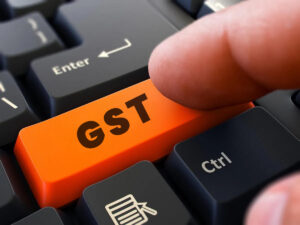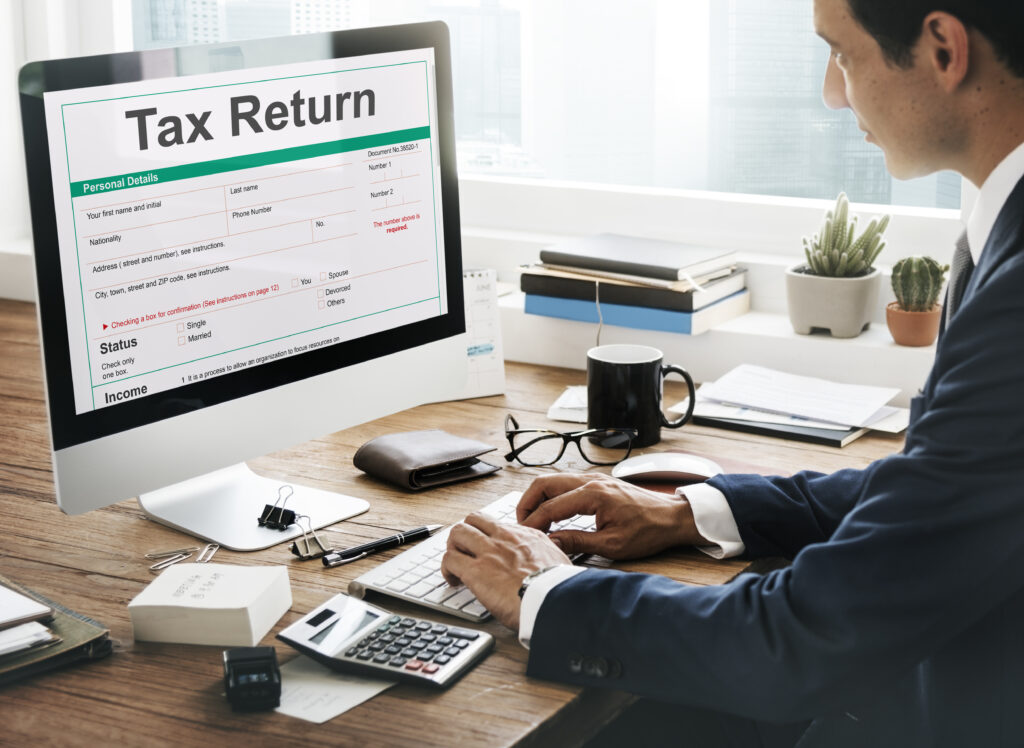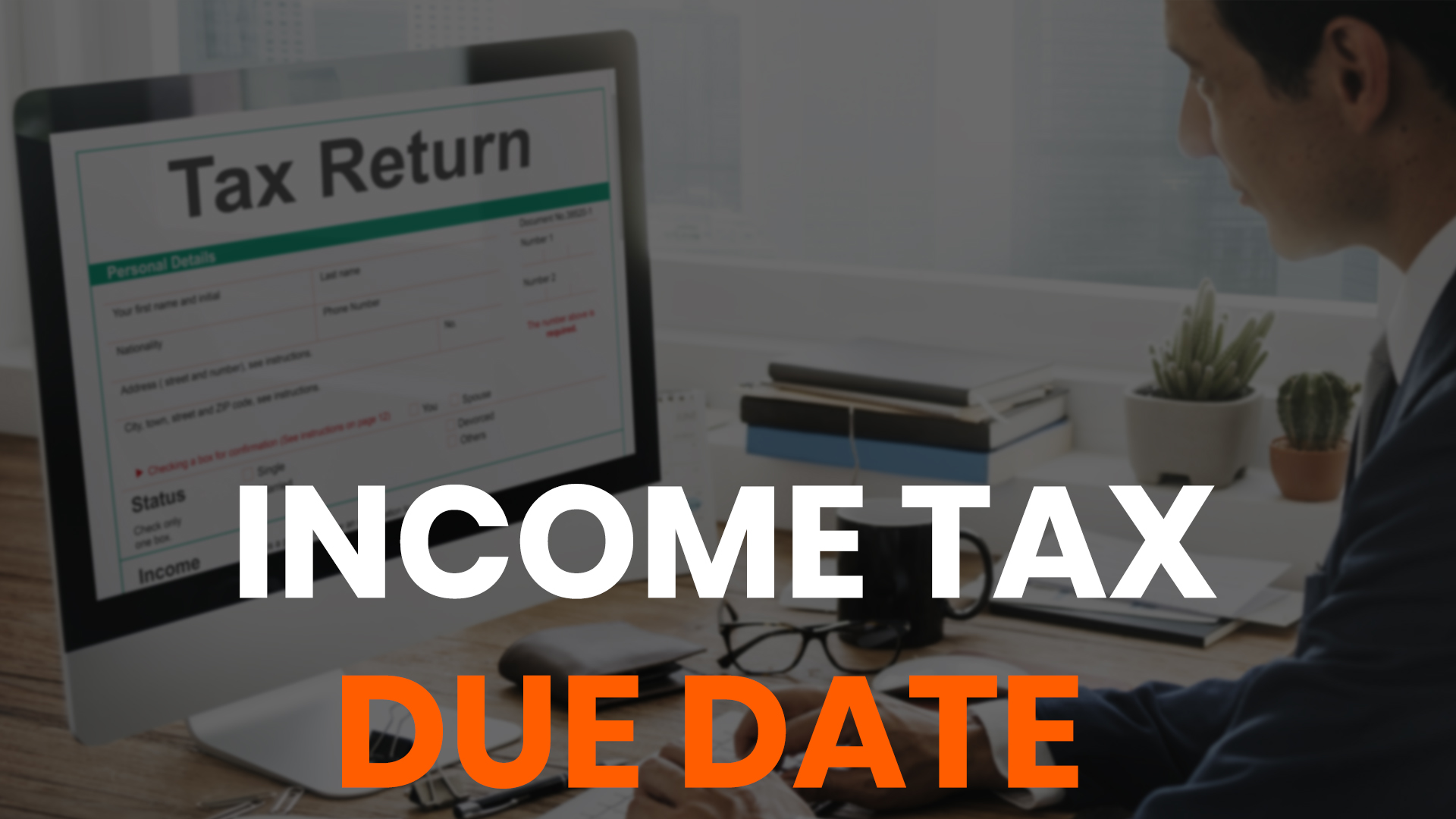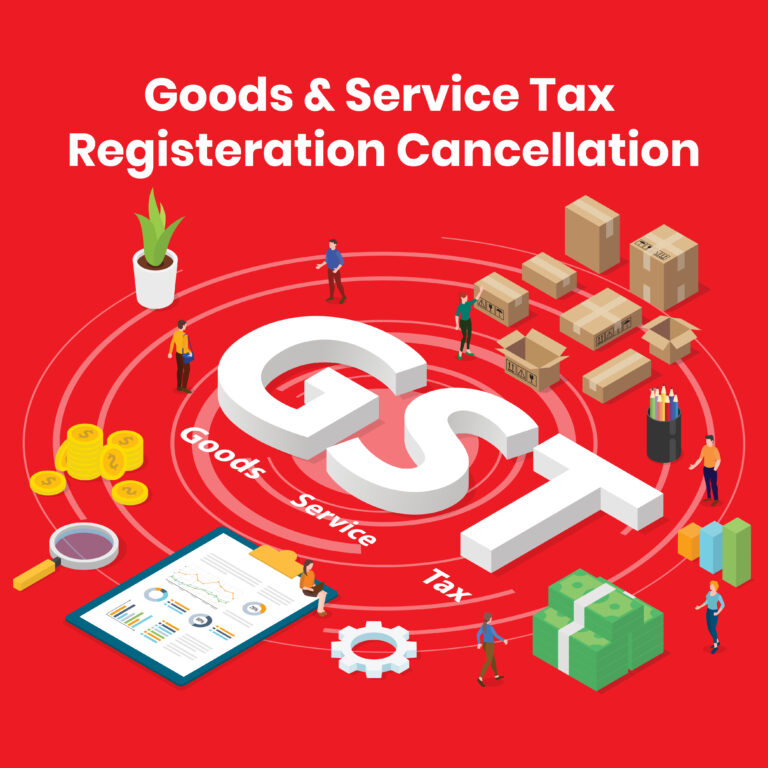“133. (1) Net winnings from online games during the previous year, for the purposes of section 115BBJ, shall
be calculated using the following formula, namely:–
Net winnings =(A+D)-(B+C), where –
A = Aggregate amount withdrawn from the user account during the financial year;
B = Aggregate amount of non-taxable deposit made in the user account by the assessee during the financial
year;
C = Opening balance of the user account at the beginning of the financial year; and
D= Closing balance of the user account at the end of the financial year
(2) Net winnings comprised in the first withdrawal during the financial year, for the purposes of section 194BA, shall
be calculated using the following formula, namely:–
Net winnings =A-(B+C), where –
A = Amount withdrawn from the user account;
B = Aggregate amount of non-taxable deposit made in the user account by the owner of such account during
the financial year, till the time of such withdrawal; and
C = Opening balance of the user account at the beginning of the financial year.
(3) Net winnings in the formula given in sub-rule
(2) shall be zero, if the sum of amounts B and C is equal to or
greater than the amount A.
(4) Net winnings comprised in each subsequent withdrawal during the financial year, for the purposes of section
194BA, shall be calculated using the following formula, namely:–
Net winnings =A-(B+C+E), where –
A = Aggregate amount withdrawn from the user account during the financial year till the time of subsequent
withdrawal including the amount of such subsequent withdrawal;
B = Aggregate amount of non-taxable deposit made in the user account by the owner of such account during
the financial year, till the time of such subsequent withdrawal;
C = Opening balance of the user account at the beginning of the financial year; and
E= Net winnings comprised in the earlier withdrawal or withdrawals computed under sub-rule (2), or under this
sub-rule, during the financial year till the time of subsequent withdrawal if tax has been deducted
(5) Net winnings in the formula given in sub-rule
(4) shall be zero, if the sum of amounts B, C and E is equal to or
greater than the amount A.
(6) Net winnings comprised in the user account at the end of the financial year, for the purposes of section 194BA,
shall be calculated using the following formula, namely:–
Net winnings =(A+D)-(B+C+E), where –
A = Aggregate amount withdrawn from the user account during the financial year;
B = Aggregate amount of non-taxable deposit made in the user account by the owner of such account during
the financial year;
C = Opening balance of the user account at the beginning of the financial year;
D= Closing balance of the user account at the end of the financial year; and
E= Net winnings comprised in the earlier withdrawal or withdrawals computed under sub-rule (2), or sub-rule
(7), during the financial year if tax has been deducted in accordance with the provision of section 194BA on
winnings comprised in such withdrawal or withdrawals.
(8) Net winnings in the formula given in sub-rule
(9) shall be zero, if the sum of amounts B, C and E is equal to or
greater than the sum of amount A and D.
Explanation 1.– For the purposes of this rule –
(a) “non-taxable deposit” means the amount deposited by the user in his user account and which is not taxable;
(b) “taxable deposit” means any amount deposited in the user account which is not a non-taxable deposit and
includes any amount paid directly to the user not through the user account; and
(c) “withdrawal” means any amount withdrawn by the user from any user account.
Explanation 2.– For the removal of doubts, it is hereby clarified that –
(a) user account shall include every account of user, by whatever name called, which is registered with the
online gaming intermediary and where any taxable deposit, non-taxable deposit or the winnings made by
the user is credited and withdrawal by the user is debited;
(b) whenever there is payment to the user in kind or in cash, or partly in kind and partly in cash, which is not
from the user account, the provisions of this rule shall apply to calculate net winnings by deeming that the
money equivalent to such payment has been deposited as taxable deposit in the user account and the
equivalent amount has been withdrawn from the user account at the same time and shall accordingly be
included in amount A;
(c) whenever there are multiple user accounts of the same user, each user account shall be considered for the
purposes of calculating net winnings and the deposit, withdrawal or balance in the user account shall
mean aggregate of deposit, withdrawal or balance in all user accounts;
(d) whenever there are multiple user accounts of the same user, transfer from one user account to another
user account, maintained with the same online gaming intermediary, of the same user shall not be
considered as withdrawal or deposit, as the case may be, for the purposes of deducting tax under section
194BA;
(e) whenever there is taxable deposit in the form of bonus, referral bonus, incentives, promotional money,
discount by whatever name called; and such deposit can only be used for playing the online games and not
for withdrawal or any other purposes, such deposit shall be ignored for the purposes of calculation of net
winnings and shall not be included in amount B or amount C or amount D; and
(f) whenever any bonus, referral bonus, incentives, promotional money, discount, by whatever name called, is
not considered as part of amount B or amount C or amount D under clause (e) and subsequently they are
recharacterised and allowed to be withdrawn, they shall be deemed as taxable deposit at the time of such
recharacterisation and it shall be deemed that the equivalent amount has been deposited in the user
account at that time.”.
4. In the principal rules, in Appendix II,–
(a) for Form No. 16 the following form shall be substituted with effect from 1st July 2023 and shall be
applicable for the assessment year 2024-25 and subsequent assessment years, namely:––
“FORM NO. 16
[See rule 31(1)(a)]











